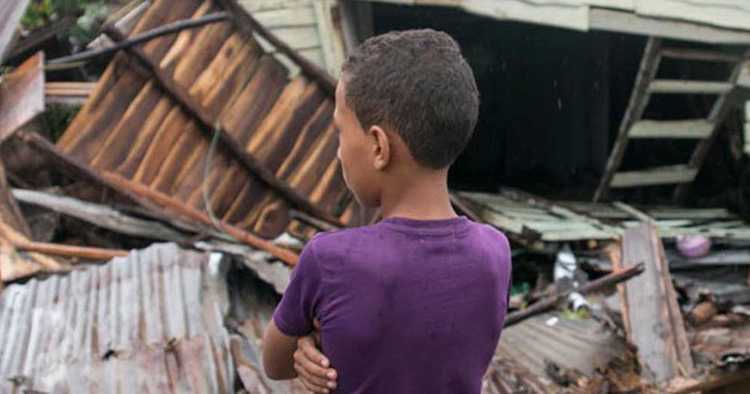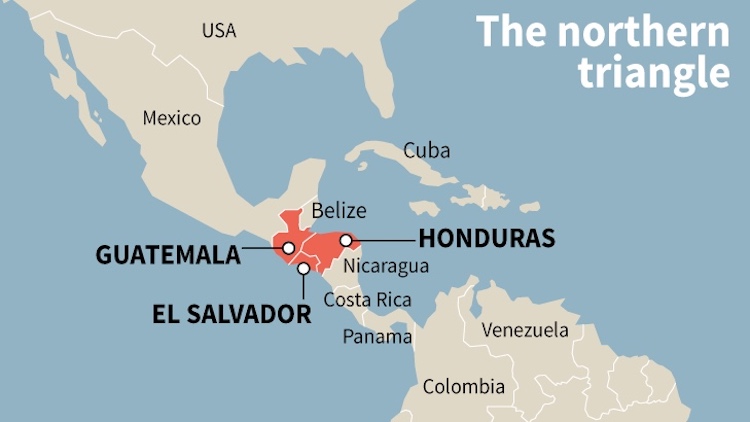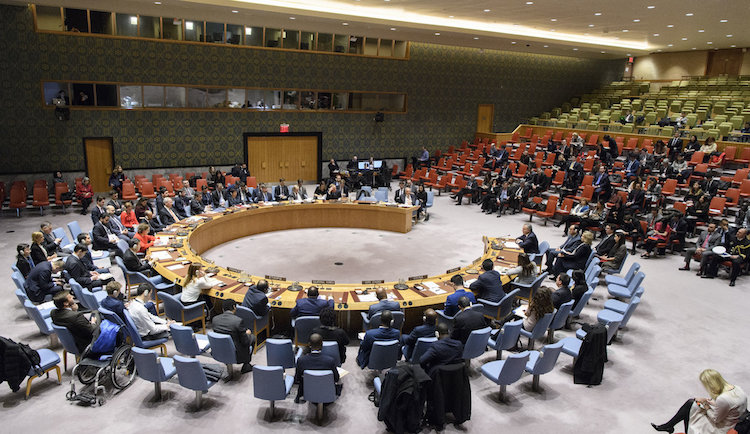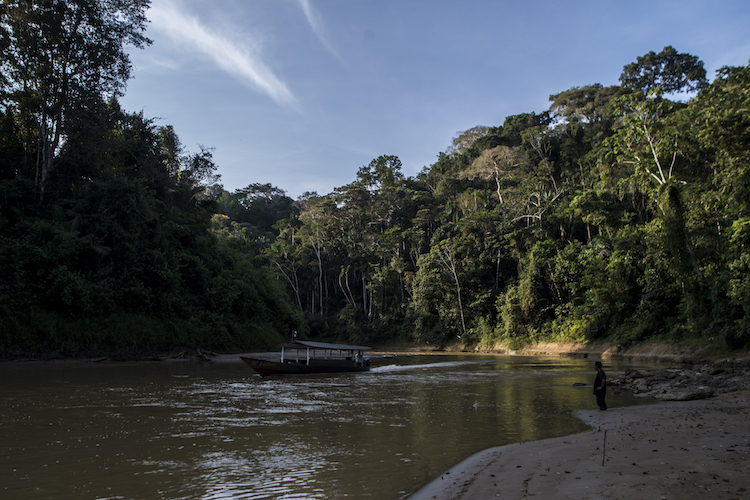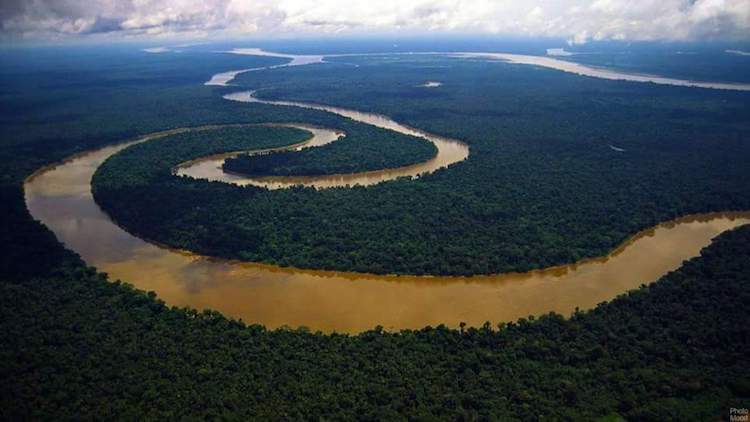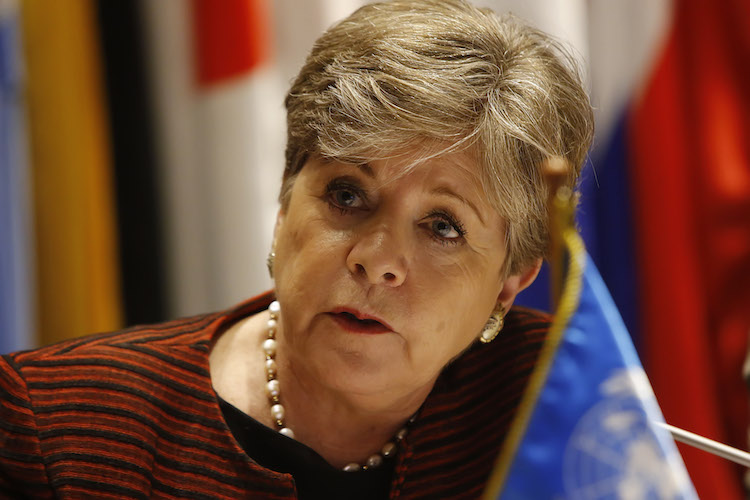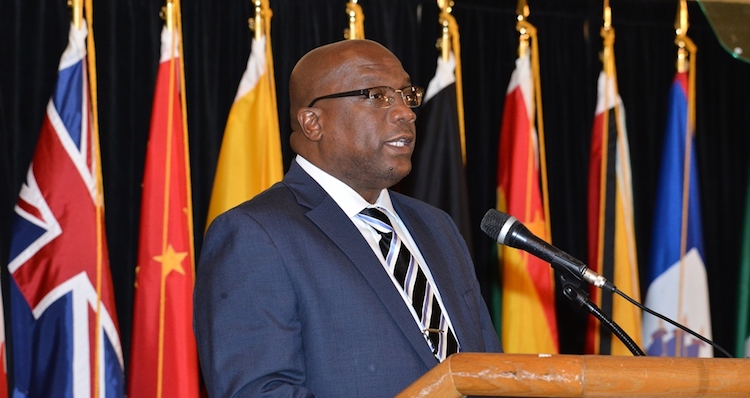By J C Suresh TORONTO (IDN) – Ahead of the next hurricane season in the Caribbean, faith leaders are calling for action from government leaders, the United Nations system, the International Monetary Fund (IMF) and regional development institutions. A statement signed and endorsed by 22 religious leaders from Grenada to Saint Lucia is urging the […]
Structural Reform Needed to Ensure Brazil’s Inclusive Growth
By Sean Buchanan LONDON (IDN) – Brazil is emerging from its long recession and is headed for solid growth in 2018 and 2019 as recent structural reforms start to bear fruit, but the country still has some way to go. The mixed outlook comes in the latest OECD Economic Survey of Brazil which notes that […]
What Prosperity for Central America Under US Hegemony?
Viewpoint by Marcelo Colussi* GUATEMALA CITY (IDN) – Between 50 and 60 percent of the inhabitants of the three countries of the so-called Northern Triangle of Central America (El Salvador, Guatemala and Honduras) live below the poverty line, and this structural and chronic poverty is compounded by alarming rates of delinquent violence (largely a product […]
UN Concerned as Ex-Rebels Threaten Peace Efforts in Colombia
By J Nastranis UNITED NATIONS (IDN) – Nearly six weeks after the Security Council on November 30, 2017 marked the one year anniversary of the signing and entry-into-force of the peace agreement between the Government of Colombia and the Revolutionary Armed Forces (FARC-EP), peace efforts remain challenged by the task of reintegrating 14,000 former rebel […]
Were ‘Timochenko’ to Become President of Colombia
Viewpoint by Marcelo Colussi* GUATEMALA CITY (IDN) – Rodrigo Londoño Echeverri, known by his nom de guerre ‘Timochenko’, of the Revolutionary Armed Forces of Colombia (FARC) has recently announced that he intends to run for the presidency of his country. It is difficult to predict what will happen in the next presidential elections in May […]
Cuban Youth Mastering the Art of Economic Improvisation
By Julia Rainer
TRINIDAD, Cuba (IDN) – Trinidad, one of the most popular cities in Cuba, is a place where time seems to stand still. At least that is what the thousands of tourists who come here every year from all over the world are made to believe.
Colonial cathedrals and majestic houses have been guarding the city for hundreds of years and are beautifully restored as if time had never passed. Indeed, the picturesque city – together with the marvellous surrounding sugarcane plantations – were declared UNESCO world cultural heritage in 1988.
It is part of Trinidad’s unique charm that nothing is supposed to change – a concept that can be transferred to Cuba’s tourism strategy as a whole.
Giving Visibility – and Land Rights – to the Indigenous
By Fabíola Ortiz
STOCKHOLM (IDN) – Indigenous peoples are all but invisible on the development agenda but a hoped for change is on the cards with the launch of the world’s first and only funding institution to support the efforts of local and native communities to secure rights over their lands and resources.
“Include us, so that we can protect our lands for our children and protect the planet’s biodiversity for all the world’s children,” said by Victoria Tauli-Corpuz, UN Special Rapporteur on the Rights of Indigenous Peoples during the launch. Recognising the land rights of native and traditional peoples is a low-cost solution toward achieving the world’s development, environment and climate agendas.
Environmental Risks Behind Peace Accords in Colombia
By Fabíola Ortiz
CARTAGENA, Colombia (IDN) – The peace deal with the Revolutionary Armed Forces of Colombia (FARC) – signed in November 2016 and ratified early December by the Colombian Congress – ending five decades of conflict now poses enormous threats for the environment, according to scientists and experts at the International Congress for Conservation Biology (ICCB 2017) held in Cartagena July 23-27.
The global forum gathered almost 2,000 scientists to address ecological challenges and present new research in conservation science and sustainable practices.
Colombia, a country with 40 million people, is one of the 17 world’s megadiverse nations concentrating 10 percent of biodiversity with 59 national parks and other protected sites covering an area of 23 million hectares.
Caribbean Must Equalise to Grow and Grow to Equalise – ECLAC
By Desmond Brown
KINGSTON | NEW YORK (ACP-IDN) – If they are to meet commitments agreed under the 2030 Agenda for Sustainable Development and its sustainable development goals (SDGs), the countries of the Caribbean must focus on closing the structural gaps they still have – particularly with regard to gender equality and financial and fiscal sustainability (due to their high debt level) – and mitigating the effects of climate change, .
Alicia Bárcena, Executive Secretary for the Economic Commission for Latin America and the Caribbean (ECLAC), spoke in this regard during the ‘African-Caribbean Cross-Regional Exchange’ at the High-Level Political Forum (HLPF) which ended July 19 at United Nations headquarters in New York.
Caribbean Calls for Reducing Economic Burden of NCDs
By Desmond Brown
ST GEORGE’S, Grenada (ACP-IDN) – Chronic non-communicable diseases (NCDs) make a significant contribution to mortality and morbidity in the Caribbean and continue to represent an economic burden for most of the region’s countries.
Addressing the latest meeting of the Conference of Heads of Government of the Caribbean Community (CARICOM) held here from July 4-6, St Kitts and Nevis Prime Minister Dr Timothy Harris – who has responsibility for health in the organisation’s Quasi-Cabinet – called for urgent action to reverse the situation.
Citing the findings of a 2016 study on the economic dimensions of NCDs in Trinidad and Tobago, Harris noted that an estimated 5 percent of that country’s gross domestic product (GDP) is being lost through the impact of preventable diabetes, hypertension and cancer.

